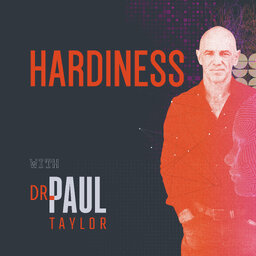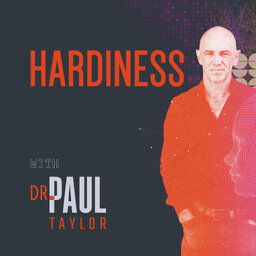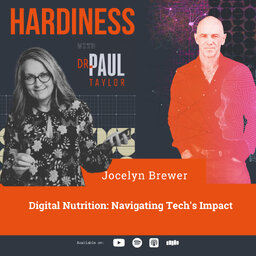The Hidden Forces That Shape Your Behaviour, With Professor Bill Sullivan
I loved this conversation.
Professor Bill Sullivan researches the impact of microbes, pathogens and parasites and how they influence not only human health, but human behaviour. Bill is a very engaging communicator and takes us on a very enjoyable journey on how these hidden forces affect the behaviour of animals and humans alike, and we explore the potential treatments and ethical considerations that arise.
Be sure to put Bill's book high on your list of priorities and check his website out here.
If you heard BetterHelp on the show today, you can get 10% off your first month at BetterHelp.com.au/PaulTaylor
 Hardiness with Dr Paul Taylor
Hardiness with Dr Paul Taylor


